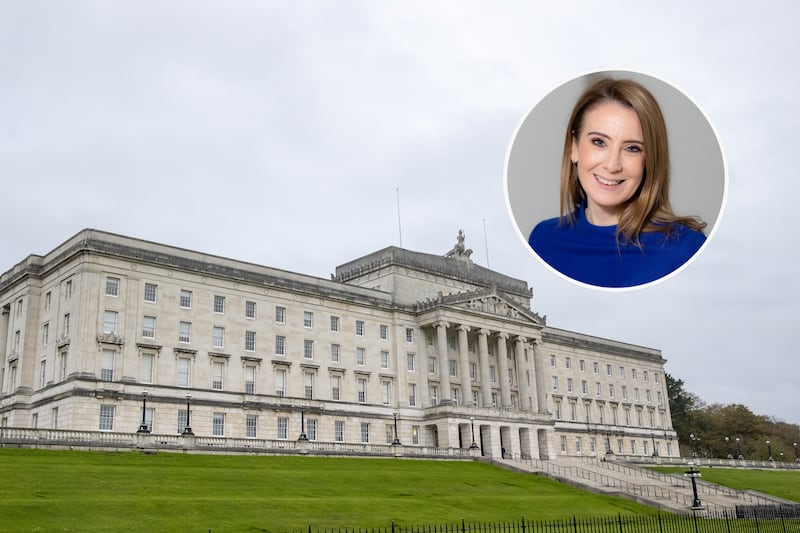The Northern Ireland economy is expected to grow by 0.7% in 2024, rising to 1.6% in 2025, according to a new forecast from EY.
But the professional services giant’s ‘economic eye’, published this morning (Thursday), forecasts that job growth will “stall” in the north during 2024, with unemployment nudging upwards.
It expects a more positive trajectory for job growth in 2025, growing by 0.9%.
EY said the restoration of power sharing at Stormont offers the opportunity to unlock further growth potential within the north’s economy.
Decelerating inflation and the projected cuts in interest rates should provide some respite for households in 2024, but EY said past increases are continuing to have a dampening effect on the economy.
Dr Loretta O’Sullivan, EY Ireland’s chief economist, said: “While the immediate growth outlook for the Northern Ireland economy is modest, there are grounds for optimism into the medium term.
“The labour market is resilient, inflation is declining and the recent restoration of power sharing offers the opportunity to unlock the economic potential of Northern Ireland.”
In the same report, EY forecast the Republic’s GDP will rise by 2.2% in 2024, rising to 3.8% in 2025.
- Spend Local scheme generated £154m of ‘additional output’ for north’s economy, says reportOpens in new window
- Northern Ireland labour market entered winter in strong shape, latest official data suggestsOpens in new window
- North’s private sector ended 2023 in growth mode, new business survey from Ulster Bank suggestsOpens in new window
Meanwhile, a separate report published by the National Institute of Economic and Social Research (NIESR) on Wednesday, suggests the restoration of a functioning executive at Stormont could provide a medium term economic boost.
The respected London economic think tank said the £3.3bn financial package offered by the UK Government should boost to public services.
It said: “The other effect will likely be the greater business investment as higher public spending (including higher public investment) help unlock private investment.”
The analysis, published as part of the think tank’s quarterly UK economic outlook, said: “Political instability had held recovery back as well as negating further growth potential through investments.
“This is despite NI enjoying unique access to both UK and EU markets.”
NIESR said while the medium to long run implications are positive, short-term problems surround “stagnating employment and weak productivity growth”.
It said the Irish Sea border arrangements have the potential to create future tension between Britain and the EU (including the Republic).
NIESR said economic output in Northern Ireland (as measured by GVA relative to the fourth quarter of 2019), is expected to remain above the UK average.






